Political defections are rare beasts so when they happen logic suggests they should rock the party they affect and tip it into crisis mode.
That’s just not how it feels in the aftermath of the decision Ash Regan, MSP for Edinburgh Eastern, has taken to leave the SNP.
Perhaps everything just feels a little small and irrelevant in light of utterly horrendous war crimes that rightly dominate our newspapers and TV channels.
Images of distraught men hauling at shattered sheets of concrete with their bare hands in the hope of finding a wife, sister or brother still alive beneath them. Lights flicker and generators gasp for fuel in hospitals. Children starve.
Scotland’s First Minister Humza Yousaf received this political news on the same day as he discovered his in-laws in Gaza are yes, alive, but no longer have any safe drinking water.
I think we know what’s keeping him awake at night.
Limitations facing Ash Regan
The timing of the defection might have been perfectly aligned with the Alba Party conference in Glasgow but it was in every other sense tone deaf.
Ash Regan will now lead a party of one in the Scottish Parliament. A party that garnered the sum total of 645 votes across all 9 seats that represent the Lothian region.
Expect the usual cries for a by-election that will last for a few days and then dim into the distant past.
As a self-confessed political geek I’m more interested in the practicalities of what it means for her role as a representative.
Because her party doesn’t have enough seats to be represented on the Bureau of the Scottish Parliament, the group of party whips that set and agree its business, Ms Regan will be to all intents and purposes an independent.
Free of party whip sure, but also free of any rights to speak or participate in parliamentary business in any regimented way.
She won’t have the same rights to ask questions of government ministers or to serve on one of the parliament’s committees. She’ll also face very limited scope to speak in debates.
Her constituents have therefore every right to ponder how they’ll be represented.
Movement mystery
Ash Regan isn’t the first independence supporter to secure their own independence.
There have been several in the Parliament’s 25-year history. Some through the power of their principles and oratory became household names after following out with the political parties they had served for decades.
Dennis Canavan represented Falkirk in Westminster for Labour then Holyrood for over 25 years before striking out on his own path. He stood and won as an independent in 2003.
The much-missed Margo MacDonald was an SNP member for 30 years before going solo.
She was successfully re-elected as an independent on two further occasions before passing away in 2014.
By my reckoning, Ash is the 13th MSP in the parliament’s history to quit the party platform she was elected on.
It’s left me wondering in truth why there isn’t more movement between political parties and why it’s so difficult for new parties to establish themselves and gain seats.
Look at what happened to the MPs who left Labour under Jeremy Corbyn and tried to form a new political party called Change UK.
It attracted politicians from the centre left and centre right.
For a few weeks they were a group of 11 MPs and it felt like they might just succeed.
It all collapsed very quickly and every single one of them lost their seats at the election that followed.
The Westminster system is broken and most people in Britain should have more than two clear choices at the ballot box but just don’t.
The Scottish Parliament system, because it already has proportional representation, should see more parties represented but in truth, the choice has diminished ever so slightly.
Voters suffer
In 1999 the Scottish Socialist Party returned one MSP in Glasgow, which meant that Scotland had six political parties to choose from. It now has just five.
When the leadership of a party changes and the times themselves change, it is perhaps only natural some of our politicians find they’ve lost the verve or even the love they have for the party they served.
In some sense it’s surprising it doesn’t happen more often.
I suspect there are a fair few more people across the parliament chamber with an itch in their feet and a lead weight in their heart who’d like to chart a fresh course but know their odds of success are tiny.
I don’t seek sympathy for them, but I do think it’s we the voter that, ultimately, suffers.
The world is immeasurably different from the one the Scottish Parliament opened its doors to in 1999 but our electoral choices remain the system.
Why is that and how might it change?
And will Ash Regan become the new Margo MacDonald or Dennis Canavan, or will she drift into the back catalogue of political figures who had to accept the party was bigger than them?
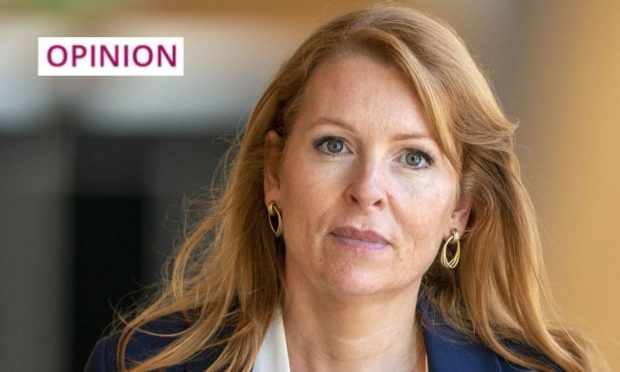



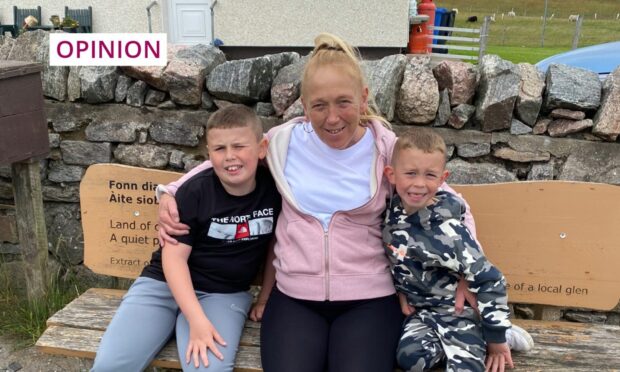
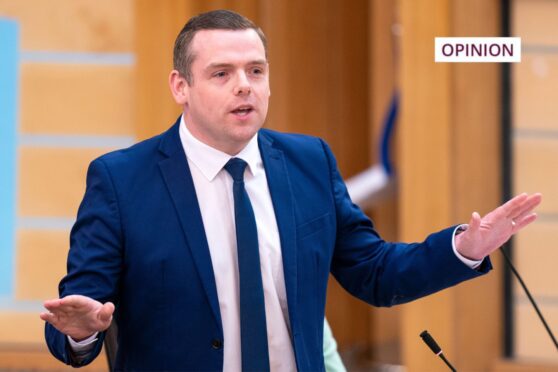
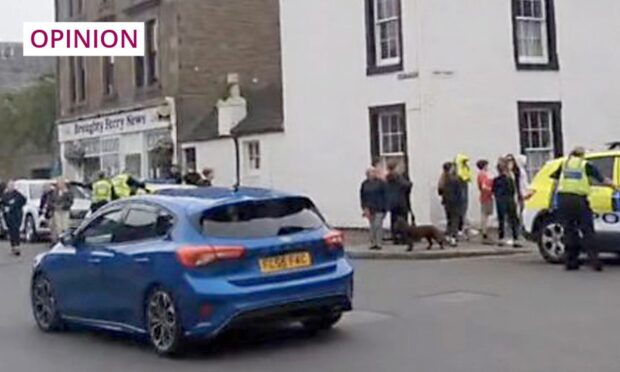




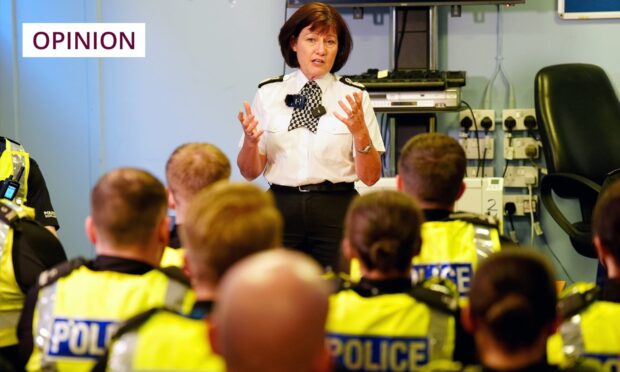

Conversation